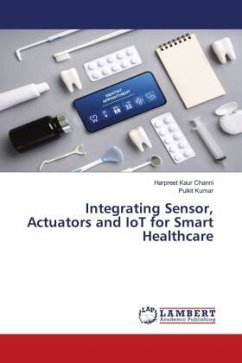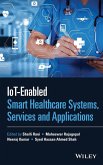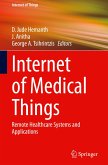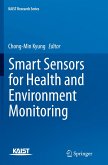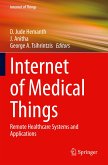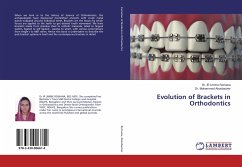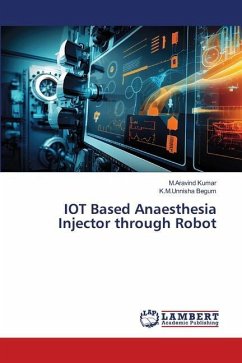The COVID-19 epidemic has changed healthcare, pushing digital technology adoption to satisfy patient needs. This abstract examines how sensors, actuators, and the IoT may alter smart healthcare post-COVID-19. After the pandemic, remote patient monitoring, telemedicine, and efficient healthcare resource management are more important than ever. This abstract shows how IoT helps create a linked healthcare ecosystem for real-time data collecting, analysis, and decision-making. Sensors and actuators seamlessly integrated into this IoT framework provide healthcare practitioners with a complete picture of patient health, allowing early intervention and individualized treatment strategies. This chapter examines this integrated system's wearable sensors, remote monitoring devices, and smart healthcare infrastructure. These components allow continuous health monitoring, medication adherence tracking, and early symptom identification, improving patient outcomes and lowering healthcare facility workload. This abstract also analyzes ethical and privacy issues related to smart healthcare technology adoption.

